Global beauty: Brands target growing opportunity in Korea
- Marketing Department
- Jun 28, 2019
- 2 min read

By Kwak Yeon-soo
Global fragrance and cosmetics players are entering Korean duty free shops to target increasing opportunities and use Korea as a "test bed" for Asian expansion, industry officials said Sunday.
Korea is among the world's top 10 beauty markets, with per capita beauty spending of $45, which is more than double the global average of $21, according to Mintel, a London-based global market research firm.
The Korea Customs Service said K-beauty exports have grown at an average of 34.9 percent in the past five years and marked $6.17 billion in 2018.
Earlier in June, Christian Louboutin Beauty opened its first beauty store in Korea at Shinsegae Duty Free Shop in Myeong-dong, a popular shopping district in Seoul. Gucci Beauty also opened a beauty store in Korea to offer its makeups and fragrances.

The Shilla Duty Free has collaborated with brands like L'Occitane, SK-II, La Prairie, La Mer and Tom Ford to stock more luxury beauty brands in Korea. As of now, it has introduced 38 exclusive products from 19 brands. "There are an increasing number of brands that seek to enter Korea by launching their products at duty free shops, like Gucci Beauty and THREE Cosmetics. As a result, the competition to introduce overseas cosmetics brands is heating up," a Shilla official said. The official said Korea is an "attractive" market for international luxury players, not only because of the spending power of local consumers but also due to visitors from other Asian countries who vacation in Korea. "Since Korean duty free shops are always packed with Chinese tourists, it's better for global cosmetics players to use Korea as a test bed to watch beauty trends," the official said. Another industry official said the Korean beauty market remains critical thanks to highly engaged consumers who love to try out new products. "Korea is driven by a strong top- and middle-class market, with affluent and savvy consumers as well as a dynamic and sophisticated travel retail sector. This characteristic drives shoppers from around Asia," a Luxury Business Institute Group official said. In fact, "Daigou shoppers" (or shuttle traders), who visit Korea to buy beauty products at duty free shops for resale in China, account for a large portion of the duty free market. Buoyed by increasing sales, the nation's duty free market grew about 35 percent year-on-year in 2018 to over 18 trillion won, according to the Korea Duty Free Shops Association.
Feedback: Did you find this info useful? Please reply to this post with feedback in the comment section.
Subscribe to our Newsletter here.





Comments